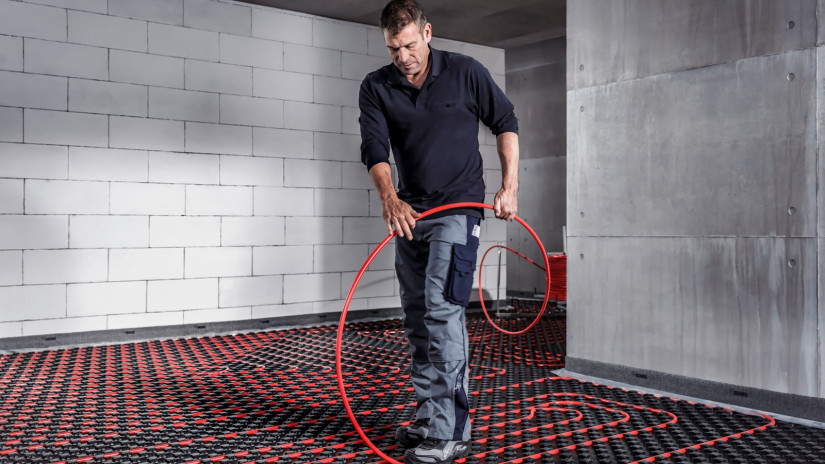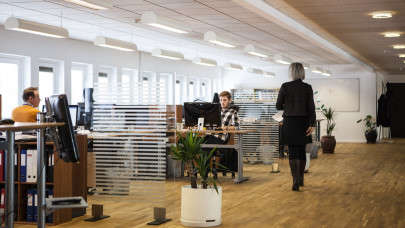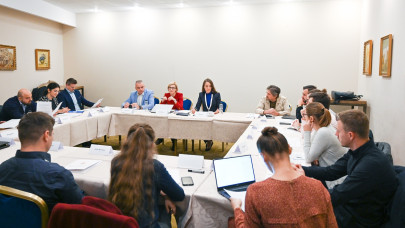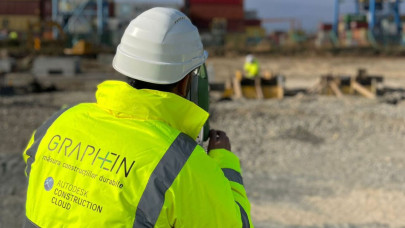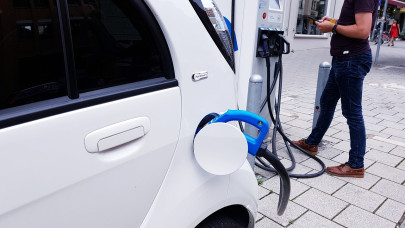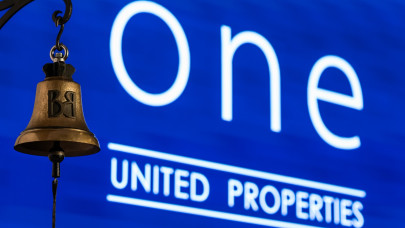„In 2023, the particular market has registered a shrinkage of 10-15%, due tot the 20% decrease of residential construction volumes at a national level. Despite this, for this year, we expect the stabilisation of the market, especially given the unlocking of public investments”, said Laurentiu Chiriac, Head of Building Solutions REHAU Romania.
The underfloor heating market is overwhelmingly dominated by thermic agent systems, followed by the electrical one, to a small extend. The distribution between the two types of underfloor heating has remained constant in the last 3-5 years, however, a migrating tendency from radiator heating to underfloor heating could be observed. Furthermore, Rehau estimates indicate the fact that over 80% of the market is absorbed by the residential segment, whereas the industrial and retail sectors are showing increasing interest.
Therefore, Romania gradually embraces the European trend, which in 2022, according to the GMI study, 65,8% of the market was destined to residential project and the rest was oriented, mostly, towards commercial projects.
„Similarly to other areas, Romanians have adopted innovation and the implementation of eficient systems rather quickly. The transition towards alternative energy sources, the necessity of durable buildings and energy saving programs remain a priority. In addition, alignment with the policies of European governments and financial aid programs, such as those within the National Recovery and Resilience Plan of Romania (PNRR), concerning new constructions as well as renovations, will be a crucial step in maintaining a high level of investments in this sector, implicitly in the underfloor heating field," emphasized Laurentiu Chiriac.
Moreover, the recognition among Romanians of the importance of improved indoor air quality, efficiency and sustainability is becoming increasingly evident. The increasingly widespread integration of smart building technologies will contribute significantly to the progress of the respective industry.
In fact, new technologies have an increasingly significant impact, with underfloor heating systems often accompanied by smart home solutions. These not only make it easier to utilize but also contribute to better consumption management and increased energy efficiency.
“The impact of digital technology is felt across all sectors, and the underfloor heating field is no exception. Artificial intelligence and the emphasis on digitization are becoming an integral part of our activities. Rehau has over 40 years of experience in developing radiant surfaces, and everything it knows about temperature control is now incorporated into the automations offered by systems like Rehau Nea Smart 2.0. The control provided by Nea Smart 2.0 introduces design, remote management, thermal comfort, and significant savings on the energy bill”, emphasized the company representative.
Constant growth prospects
Regarding the future of the underfloor heating systems market, Laurentiu Chiriac expresses the belief that in the next 5 years, Romania could achieve a growth rate similar to other European markets. This development will be stimulated, especially by the orientation towards innovative systems, with a growing trend towards smart home residences. Both in Europe and in Romania, there is a rapid acceleration towards a circular economy, with a particular emphasis on energy-efficent policies, where underfloor heating becomes the primary choice. This is not only due to the benefits brought by technological innovation but also through significant reductions found in energy bills.
Furthermore, at the European level, studies indicate that the annual growth rate is expected to be 4.9% until 2032, reaching €1.65 billion in 2031.

